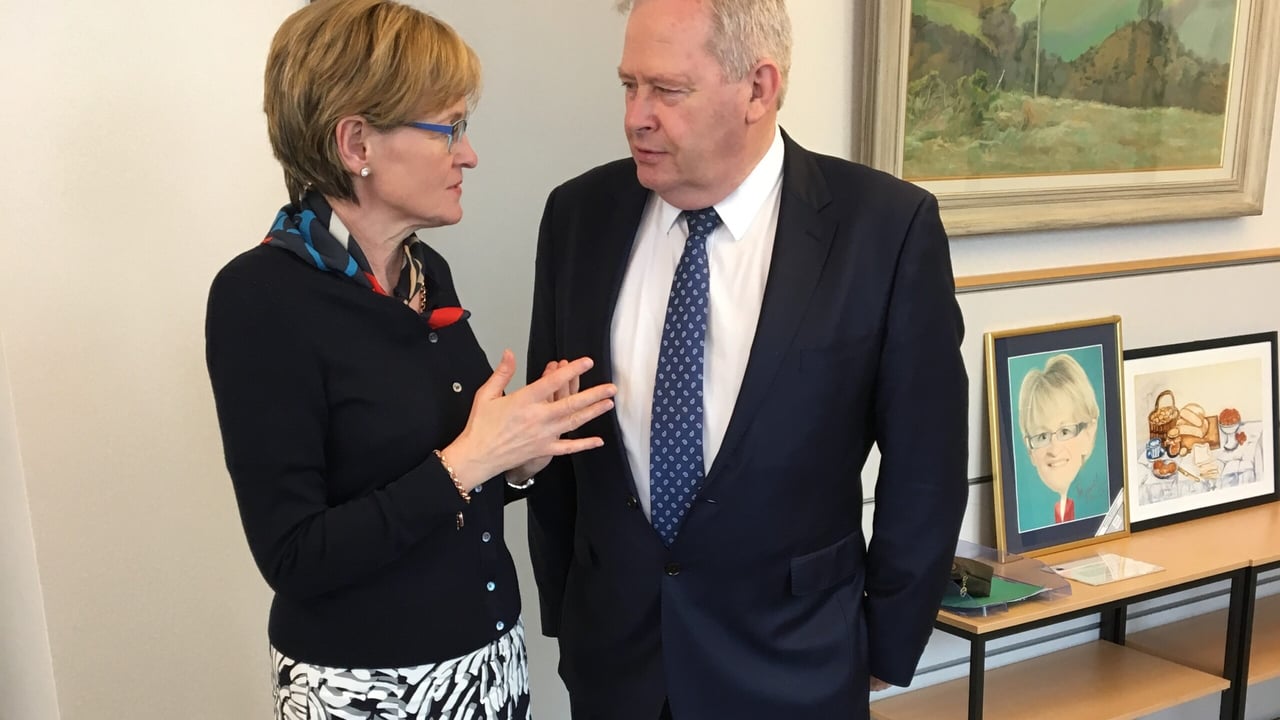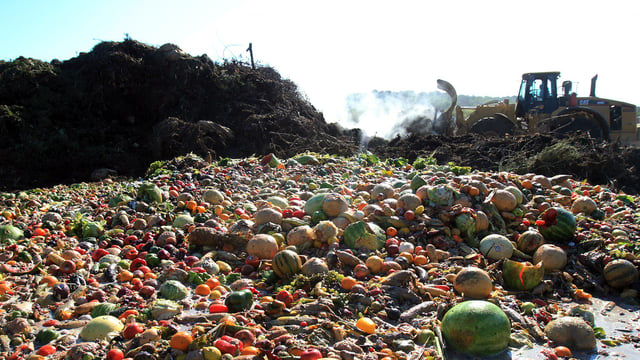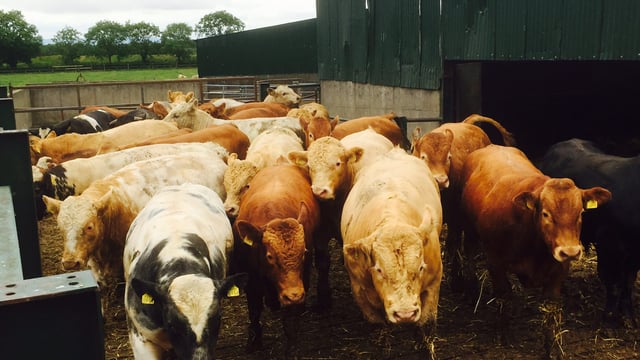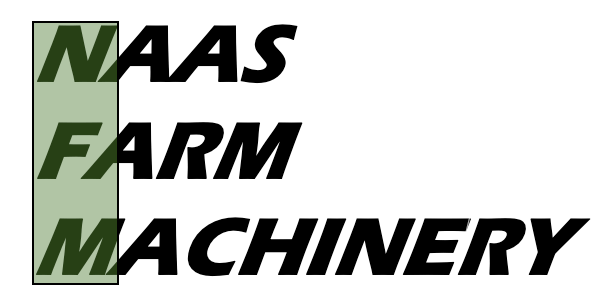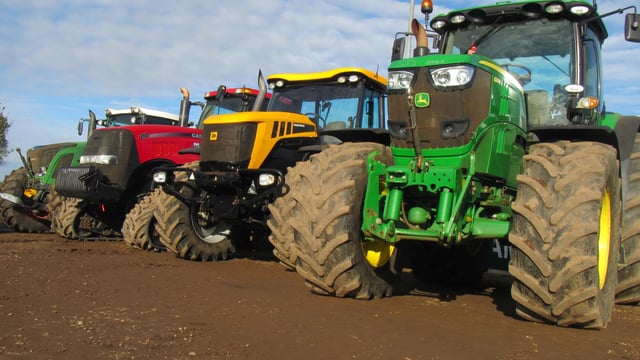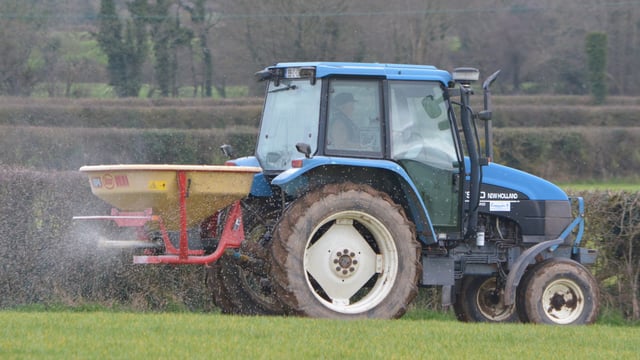'Future CAP must ensure long-term stability and policy predictability'
The need for long-term policy stability and effective market management measures were the key focus of CAP post-2020 policy proposals from the Irish Co-operative Organisation Society (ICOS).
Irish farmers and co-operatives are facing an ‘unprecedented challenge‘ in the coming years as a result of Brexit, ICOS President Martin Keane said.
“With so much uncertainty as to our accessibility and position in the UK market following its exit from the EU, these proposals respond to the needs of the sector for policy stability, effective market support and increased CAP financing.
“These will be critical to overcoming this challenge, as well as for meeting our environmental goals and customer expectations in terms of quality and traceability,” he said.
The maintenance of the current market orientation of the Common Agricultural Policy (CAP) is a key priority outlined by ICOS.
Proposals to reverse this and return to permanent supply management tools cause great uncertainty and are not consistent with the long-term investment cycles of the agri-food sector, Keane said.
He added that proposals to return to permanent supply management tools were already being pushed for by the European Parliament’s Agriculture Committee, within the Omnibus Regulation.
The future CAP must ensure long-term stability and policy predictability.
Meanwhile, ICOS has called for the maintenance and enhancement of the current market support tools, such as private storage aid and public intervention, in order to provide an effective and adequate safety net for the market.
CAP post-2020 policy proposals
As part of its CAP post-2020 policy proposals, ICOS believes seasonality needs to be addressed in order to stabilise market prices.
This can be done by opening Private Storage Aid support during the peak season each year, it added.
In addition, ICOS called for the future CAP to actively promote the position of farmer-owned co-operatives in Europe.
“Co-operatives integrate the role of producer, processor and the marketer, helping to rebalance the food chain, bringing viable incomes to their members and offering a level of protection from volatility.
“While the current CAP promotes the role of producer organisations, the next reform must encourage and protect co-operatives,” the ICOS President said.
Co-operatives are the most effective, socially responsible and sustainable form of producer organisation, Keane added.
Additional ICOS proposals
ICOS would also like more effective and targeted knowledge transfer of ‘win-win’ solutions and advisory supports for farmers.
These are needed to improve farm practices in areas such as nutrient management planning, cropland and grassland management, and breeding and genetics, it added.
The organisation has called for young farmers to be better supported through targeted measures to facilitate land mobility. Training and advisory services should be made available for young co-operative members, it added.
ICOS supports the development of financial instruments within the Rural Development Programmes to improve access to affordable credit, and would like these tools to be designed in a simple, accessible and flexible manner.
The group said the CAP should continue to support dedicated agricultural research and innovation, while improving transparency of research results.
It should also support knowledge transfer and training in order to increase its adoption as best practice “on the ground”, it added.

